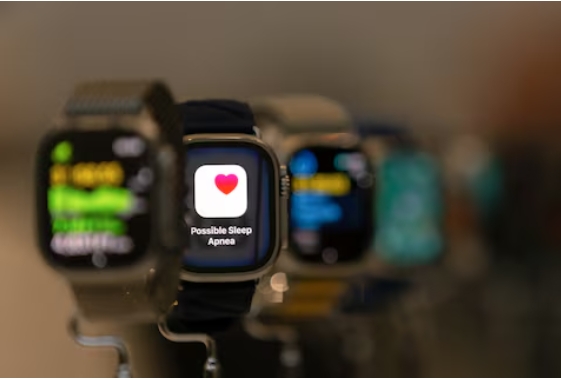
The Apple Watch Ultra 2 is showcased as Apple holds an event at the Steve Jobs Theater on its campus in Cupertino, California, U.S. September 9, 2024.
The complaint highlights two carbon offset projects tied to Apple’s emissions goals that the plaintiffs argue fail to deliver authentic reductions. One project, located in Kenya’s Chyulu Hills, involves land within a national park safeguarded from deforestation since 1983. The other, in China’s Guinan region, covers land already forested before the project’s start in 2015. The filing asserts: "In both cases, the carbon reductions would have occurred regardless of Apple’s involvement or the projects’ existence," rendering the carbon neutrality claims unreliable.
The plaintiffs referenced a National Retail Federation and IBM study, noting that 70% of U.S. and Canadian consumers prioritize environmental sustainability in purchasing decisions. They seek unspecified damages and a court order to stop Apple from labeling the watches as carbon neutral. The case, identified as Dib et al v Apple Inc, is filed under No. 25-02043 in the U.S. District Court, Northern District of California.
Apple responded on February 27, 2025, with a statement avoiding direct comment on the lawsuit but emphasizing its environmental efforts. The company said: "We’ve drastically cut emissions for Apple Watch by over 75%, and we are investing significantly in nature-based projects to remove hundreds of thousands of metric tons of carbon from the air." Based in Cupertino, California, Apple underscored its transparency in sharing these initiatives and its goal to achieve carbon neutrality across its operations, including the supply chain, by 2030.